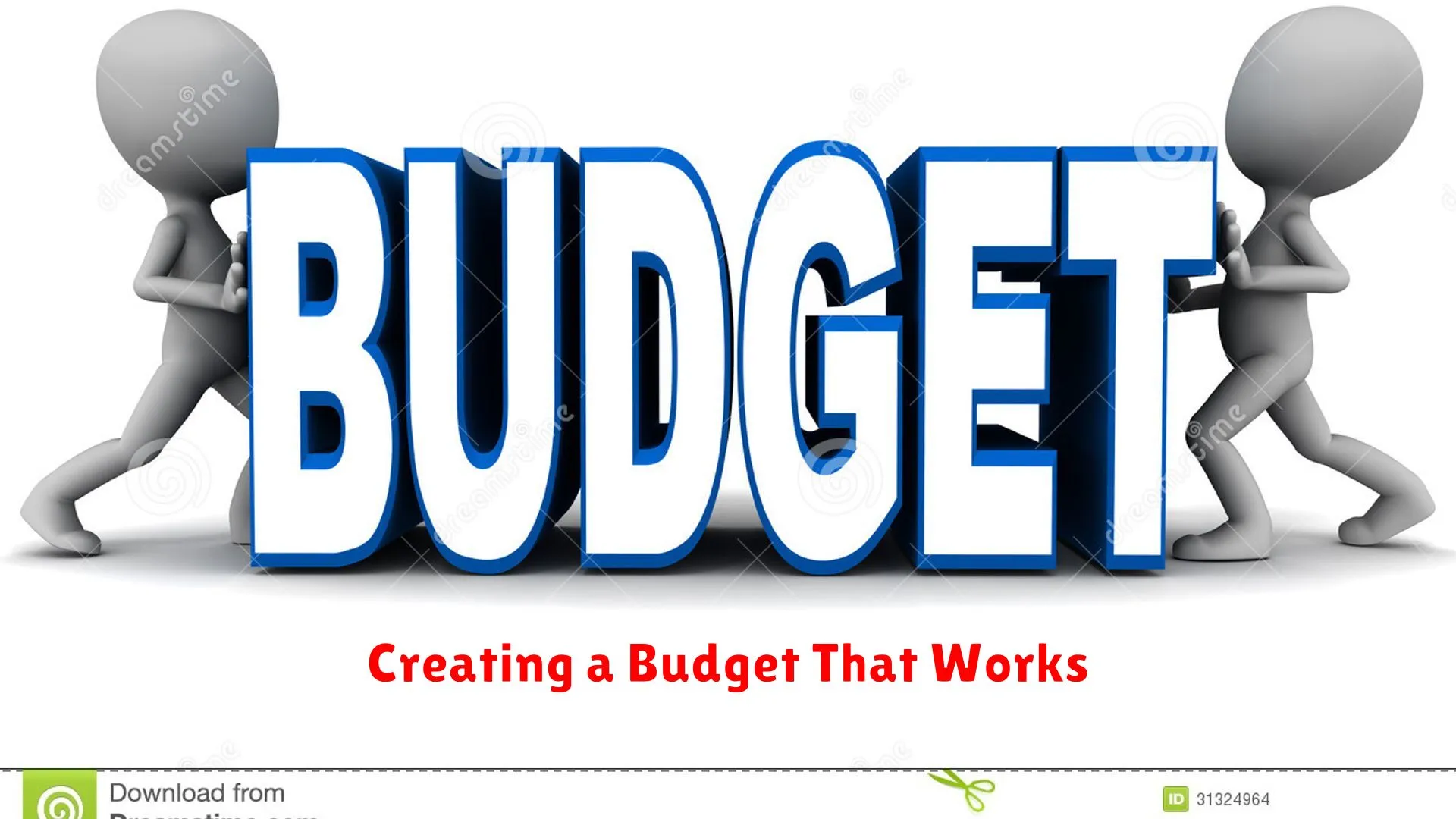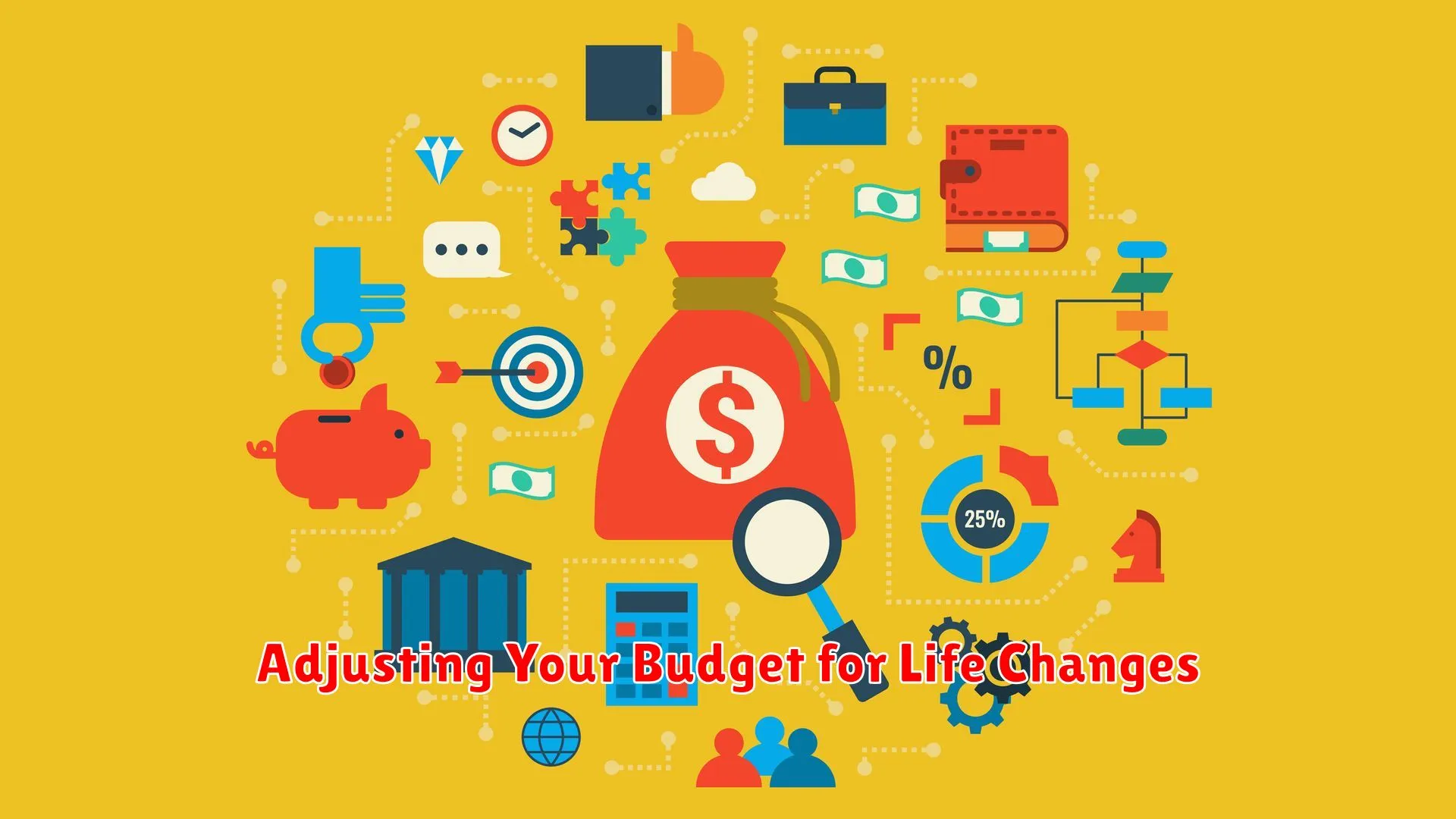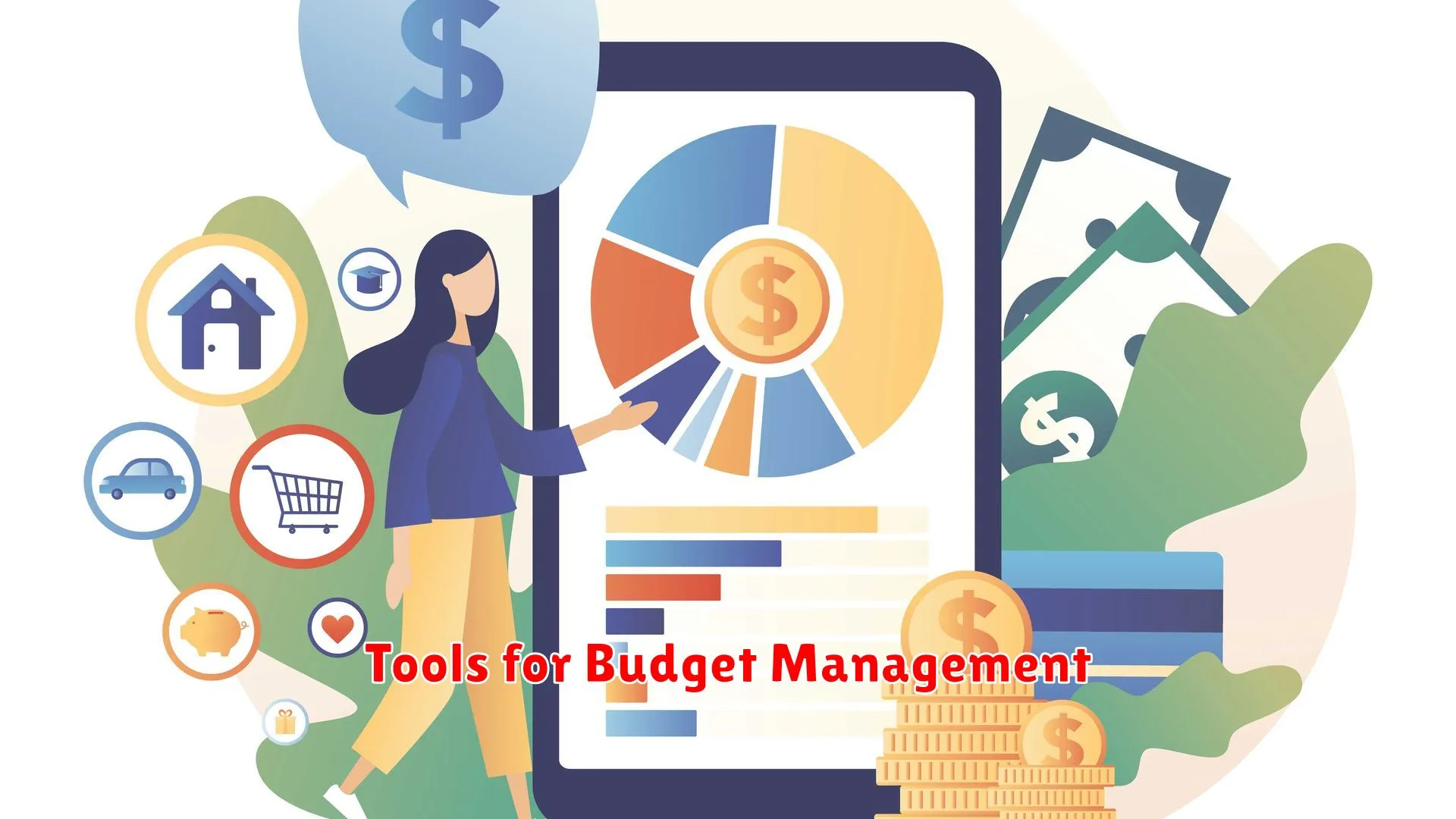Learn valuable tips and strategies on mastering “The Art of Budgeting” to effectively manage your finances and achieve financial stability. Discover how simple budgeting techniques can transform your money management skills and lead you towards a secure financial future.
The Importance of Budgeting

In the realm of personal finance, budgeting is a fundamental aspect that plays a crucial role in shaping one’s financial well-being. Whether you are striving to build savings, pay off debt, or achieve specific financial goals, having a well-structured budget is indispensable for effectively managing your money.
One of the key reasons why budgeting is essential is that it provides a clear overview of your income and expenses. By tracking where your money is going, you can identify areas where you may be overspending and make necessary adjustments to align your spending with your financial objectives.
Moreover, budgeting helps you control your finances and avoid unnecessary debt. By creating a budget that outlines your income streams and expenses, you can allocate specific amounts for different categories such as housing, groceries, transportation, and entertainment. This allocation ensures that you do not exceed your income limits and prevents you from falling into debt traps.
Furthermore, budgeting promotes financial discipline and encourages mindful spending habits. Through the process of setting budget limits and tracking your expenses, you develop a sense of accountability towards your financial decisions. This awareness can lead to smarter money management choices and a more secure financial future.
Ultimately, the practice of budgeting empowers individuals to achieve financial stability and work towards their long-term financial goals. By prioritizing budgeting as a core financial habit, you pave the way for a more secure financial future, where you are in control of your money rather than letting it control you.
Creating a Budget That Works

Creating a budget that works is essential for effectively managing your money. Here are some key steps to help you craft a budget that fits your financial goals:
Assess Your Income and Expenses
Start by documenting all your sources of income and estimating the amounts you receive regularly. Then, list out all your expenses, including fixed costs like rent and utilities, as well as variable expenses such as groceries and entertainment.
Set Clear Financial Goals
Determine what you want to achieve with your budget – whether it’s saving for a vacation, paying off debts, or building an emergency fund. Setting clear financial goals will guide your budgeting decisions.
Create Categories and Allocate Funds
Divide your expenses into categories to provide a clear structure for your budget. Allocate a specific amount of money to each category, ensuring that essential expenses are prioritized.
Track Your Spending and Adjust
Regularly monitor your spending to see if it aligns with your budget. If you find yourself overspending in certain areas, adjust your budget accordingly to stay on track towards your financial goals.
Tracking Your Spending

As an essential element of effective budgeting, tracking your spending plays a crucial role in ensuring financial success. By diligently monitoring where your money goes, you can gain valuable insights into your financial habits and make informed decisions to achieve your financial goals.
One practical way to track your spending is by creating a budget spreadsheet or using financial apps that categorize your expenses. By categorizing expenses into essentials like rent, utilities, and groceries, and non-essentials such as dining out or shopping, you can see clearly where your money is being allocated.
Regularly reviewing your expenses allows you to identify areas where you can cut back and save more effectively. It also helps you spot any unnecessary spending patterns that may be hindering your financial progress.
Moreover, tracking your spending provides a sense of accountability and empowers you to take control of your financial future. By knowing exactly how much you are spending and on what, you can make adjustments as needed to stay on track with your budgeting goals.
Adjusting Your Budget for Life Changes

Life is full of changes, whether expected or unexpected. When these shifts occur, it’s essential to adjust your budget accordingly to maintain financial stability. Here are some tips on how to manage your money effectively during life changes:
Evaluate Your Current Financial Situation
Before making any adjustments, take a close look at your current financial state. Identify your income, expenses, savings, and any debts you may have. Understanding where you stand financially is crucial in making informed decisions.
Identify the Impact of the Life Change
Whether it’s a new job, a new addition to the family, or unexpected medical expenses, determine how the life change will affect your finances. Consider any additional costs or potential savings resulting from the change.
Review and Adjust Your Budget Categories
Reallocate your budget to accommodate the new financial demands. Cut back on non-essential expenses and prioritize essential ones. Adjust your budget categories to reflect any changes in income or expenses.
Set Realistic Financial Goals
During life changes, it’s important to set realistic financial goals that align with your new circumstances. Whether it’s saving for a specific expense or paying off debt, establish achievable milestones to track your progress.
Seek Assistance If Needed
Don’t hesitate to seek help from financial advisors or counselors if you’re feeling overwhelmed. Professional assistance can provide valuable insights and guidance on managing your finances effectively during life changes.
Tools for Budget Management

Effective budget management is crucial for achieving financial stability and reaching your financial goals. Utilizing the right tools can simplify the budgeting process and help you stay on track with your finances.
1. Budgeting Apps
There are numerous budgeting apps available that can help you track your expenses, set saving goals, and monitor your financial progress. Popular apps like Mint, YNAB (You Need a Budget), and Goodbudget offer features to categorize expenses, create budgets, and receive notifications on your spending habits.
2. Spreadsheet Tools
For those who prefer a more hands-on approach, spreadsheets like Excel or Google Sheets can be powerful tools for budget management. You can customize your budget spreadsheet to suit your specific needs, track income and expenses, and generate visual representations of your financial data.
3. Envelope System
The envelope system is a traditional budgeting method where you allocate cash into different envelopes for various spending categories, such as groceries, entertainment, and utilities. This tangible method helps you visually see how much you have left to spend in each category, promoting mindful spending habits.
4. Online Banking Tools
Most banks offer online banking tools that allow you to track your transactions, set up automatic payments, and view your account balances in real-time. These tools can help you monitor your spending patterns, detect any unusual activities, and ensure that you are staying within your budget limits.
5. Expense Trackers
Using expense trackers, either through mobile apps or online platforms, can help you record and categorize your expenses efficiently. By monitoring your spending habits on a regular basis, you can identify areas where you can cut back and save more effectively.
Conclusion
In conclusion, mastering the art of budgeting is crucial for effective money management. By setting clear financial goals, tracking expenses, and making informed decisions, individuals can achieve financial stability and secure their future.

